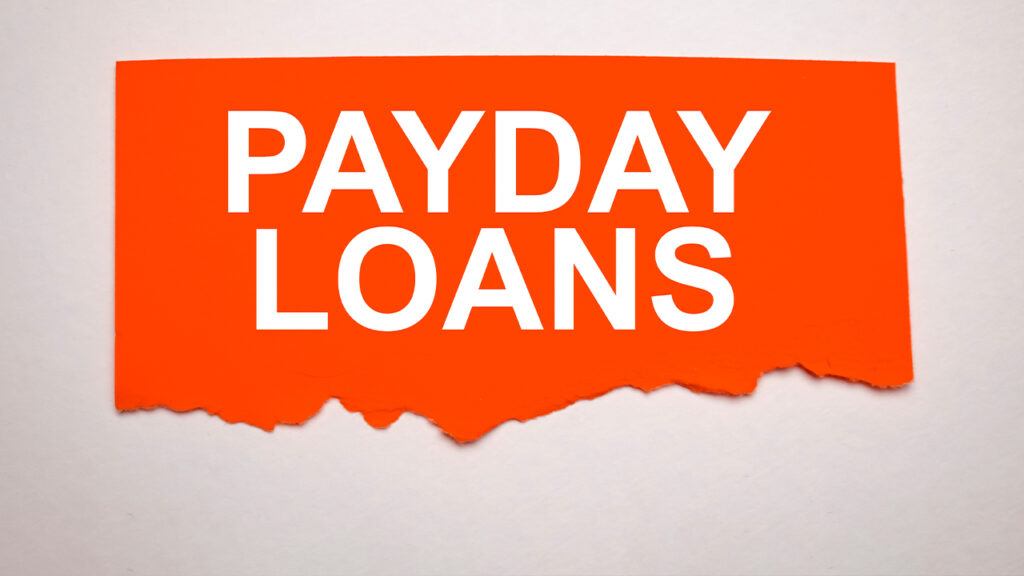Emergencies are unpredictable and sometimes, your bank account doesn’t have the cushion to absorb the blow. In such situations, a payday loan might seem like the perfect financial lifebuoy. But is it? Do you understand the full extent of what a payday loan entails? This comprehensive guide will break down how payday loans Canada work specifically in Canada, laying out the regulations, the risks, and other financial options you should consider before signing on the dotted line.
What Is a Payday Loan?
A payday loan is a short-term, high-interest loan designed to tide borrowers over until their next payday. It works by extending a quick fix for when you’re in a financial pinch and need quick access to emergency cash. Remember, it’s a short-term solution for small emergencies. The name “payday loan” comes from the idea that these are little loans, typically disbursed in amounts ranging from $100 to $1,500, with the expectation that the loan will be paid back when the borrower receives their next paycheck.
The Mechanics of a Payday Loan
In Canada, the process of getting a payday loan is straightforward. It usually involves:
Finding a payday lender – either through a storefront or online.
Applying for the loan, which doesn’t generally require a lengthy application process like a conventional loan.
Providing a pre-dated check, or direct debit authorization for the amount of the loan along with the interest and any additional fees.
Receiving funds immediately or within one business day.
Repaying the loan in full out of your next paycheck (hence the term “payday loan”).
However, the speed and convenience of payday loans can come at a high cost. Payday loans are associated with high interest rates and fees that add up quickly, meaning they have the potential to spiral out of control if not managed effectively.
The Cost of Convenience
The immediate access to funds might help customers in the short-term, but what is the long-term cost? According to the Financial Consumer Agency of Canada (FCAC), the cost of payday loans is significant. For every $100 borrowed, you could be paying up to $15 – that’s a 391% APR for a two-week loan. To put it into perspective, the current interest rate on a standard credit card in Canada hovers around 20% – 30%.
Some lenders may also impose additional fees, such as:
Loan set-up fees
Non-sufficient fund (NSF) fees if your funds aren’t available when the payment is due
Late-payment fees if you’re unable to repay on time
These cumulative costs can turn what seemed like a manageable loan into a debt trap that’s difficult to escape.
The Legal Landscape
The payday loan industry is regulated in Canada to protect borrowers. Provinces set the maximum allowable cost of borrowing, ranging from $15 to $25 for every $100 borrowed. They’ve also put restrictions on the maximum loan term, and in some cases, the number of loans a borrower can take out in a year. It’s crucial to be aware of these regulations and to understand the terms of your loan agreement before accepting the funds.
Payday Loans vs. Conventional Loans
When faced with a financial shortfall, the temptation is often to secure the easiest credit to access. However, comparing payday loans with conventional personal loans highlights the stark differences:
Conventional Personal Loans
Lower interest rates
Longer repayment terms
Higher borrowing limits
Eligibility is generally based on credit history, income, and other financial criteria
Payday loans could be more accessible if you have a poor credit history or low income, but they pose significantly higher financial risks.
Payday Loans
Much smaller loan amounts
Immediate funding
Shorter borrowing period
Simpler application process
Higher interest rates and fees
While a conventional personal loan might take longer to obtain, it’s crucial to consider the full financial picture and the future consequences of your borrowing before taking out a payday loan.
Payday Loans and Your Credit Report
Payday loans, like most forms of credit, will be reported to Canadian credit bureaus. If you fail to repay a payday loan, it will negatively impact your credit score. This can affect your ability to obtain other forms of credit, like a mortgage or car loan, in the future.
The Impact on Credit
Whether it’s the number of loans you have, the amount owed, or if you’ve missed a repayment, it all appears on your credit report. Negative payday loan information will remain on your credit report for up to 6 years, making future financial transactions more complex and costly.
Alternatives to Payday Loans
Before resorting to a payday loan, consider these alternatives:
Emergency Fund Savings
A personal emergency savings fund provides the best financial buffer against life’s unpredictable events. If you can, building an emergency fund should be a financial priority. Even small, regular contributions to your savings can add up over time and give you peace of mind.
Negotiate Payment Plans
If you’re struggling to pay your bills, contact your creditors or service providers to negotiate a payment plan. Many will work with you to create a payment schedule that aligns with your financial situation.
Use a Credit Card
Although it’s not ideal to carry high balances on your credit card, it’s often a cheaper option than a payday loan. Be sure to compare credit card interest rates and fees to payday loan terms to see what’s best for you.
Borrow from Family or Friends
This option, while not comfortable for everyone, can be a better alternative to a payday loan. Be sure to discuss terms clearly and to repay the borrowed amount as agreed to maintain the relationship.
Seek Out Community Resources
There may be local community programs that can help with food, utilities, and other necessary expenses during a financial emergency. It’s worth exploring the resources available in your area before committing to a payday loan.
In the end, understanding the terms and potential pitfalls of payday loans is paramount. While they may be necessary in certain situations, they should be approached with caution and a clear repayment strategy. Remember, there are always financial alternatives, and it’s important to explore all options before making this kind of financial commitment.


